Week 2 (11/4-11/8) Choosing Nonfiction: What are you looking for when you pick up a nonfiction book? Do you have a particular topic you’re attracted to? Do you have a particular writing style that works best? When you look at a nonfiction book, does the title or cover influence you? If so, share a title or cover which you find striking.
This week’s topic is hosted by Frances of Volatile Rune.
I’m at a loss about how to answer the question of how I choose nonfiction. My life has been a series of research projects, so I usually choose books about whatever subject is on my mind at any given time. After the subject, I consider the author’s credibility or reason for writing on the topic.
Covers have no bearing on my choices, and this is true for both nonfiction and fiction.
Because my range of interests is so wide, I’ve decided to share some nonfiction titles that are already on my TBR shelves to try to suggest the scope. These are all books that I’ve had for a while that interest me but that I won’t be reading this month because they don’t fit my current project about how fiction employs the patterns of life-story psychology.
Book descriptions are from Goodreads.
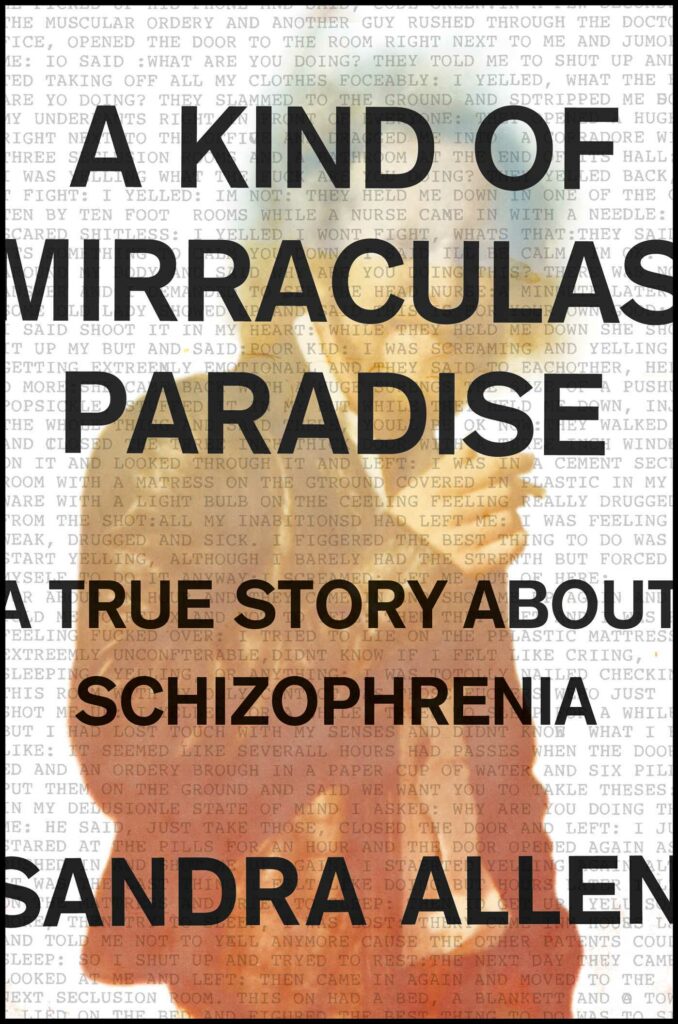
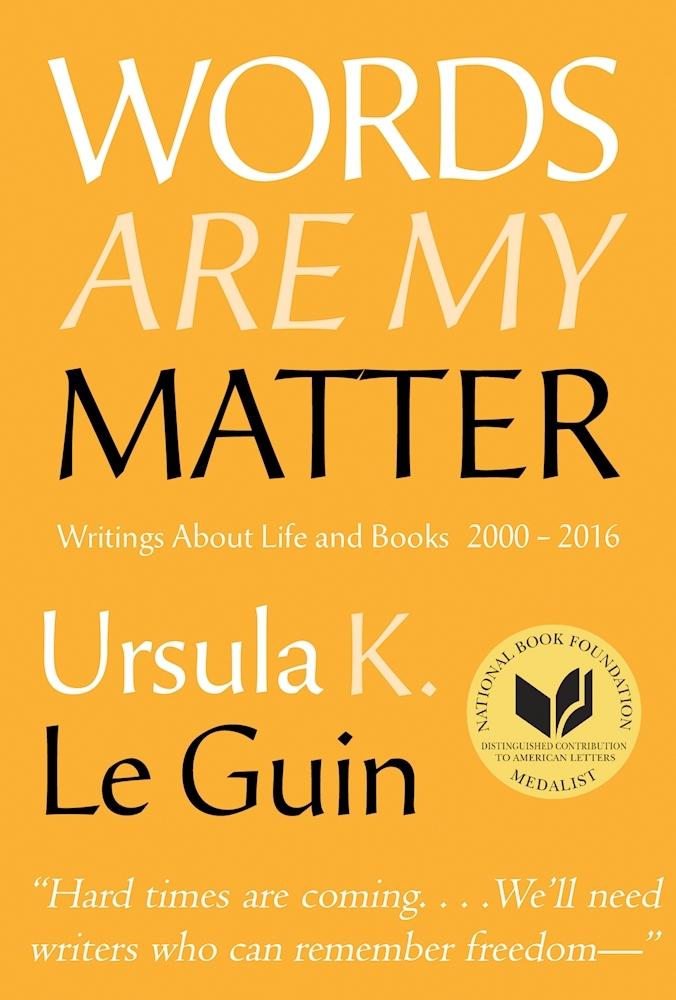
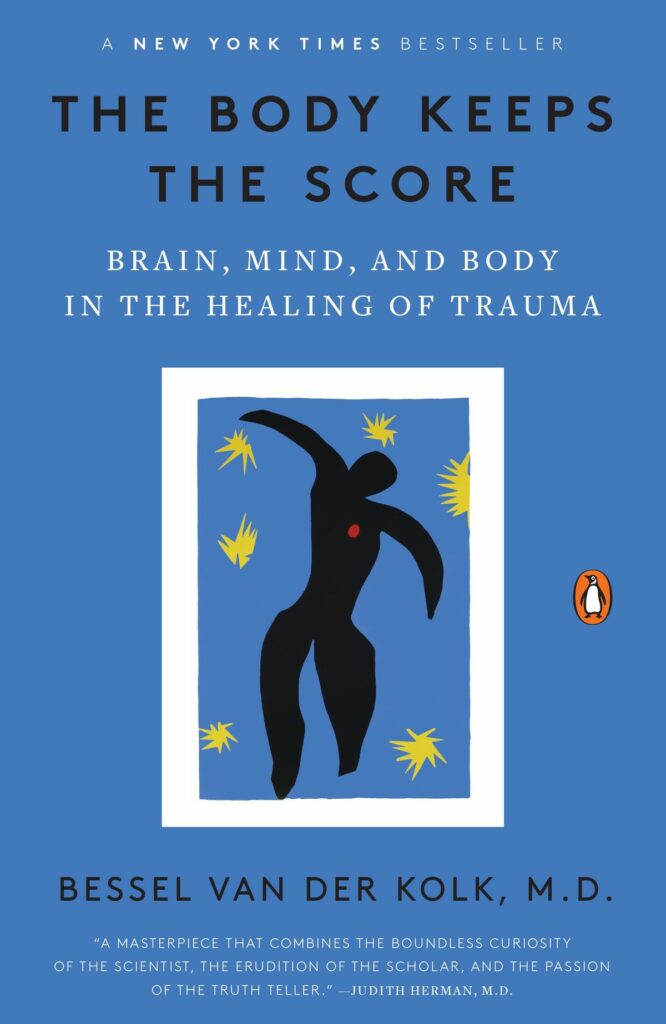
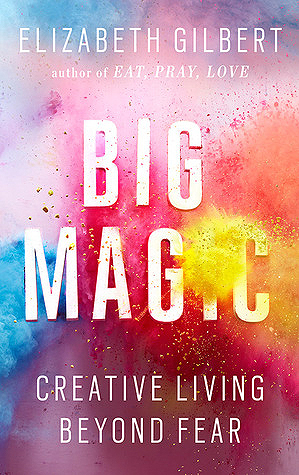
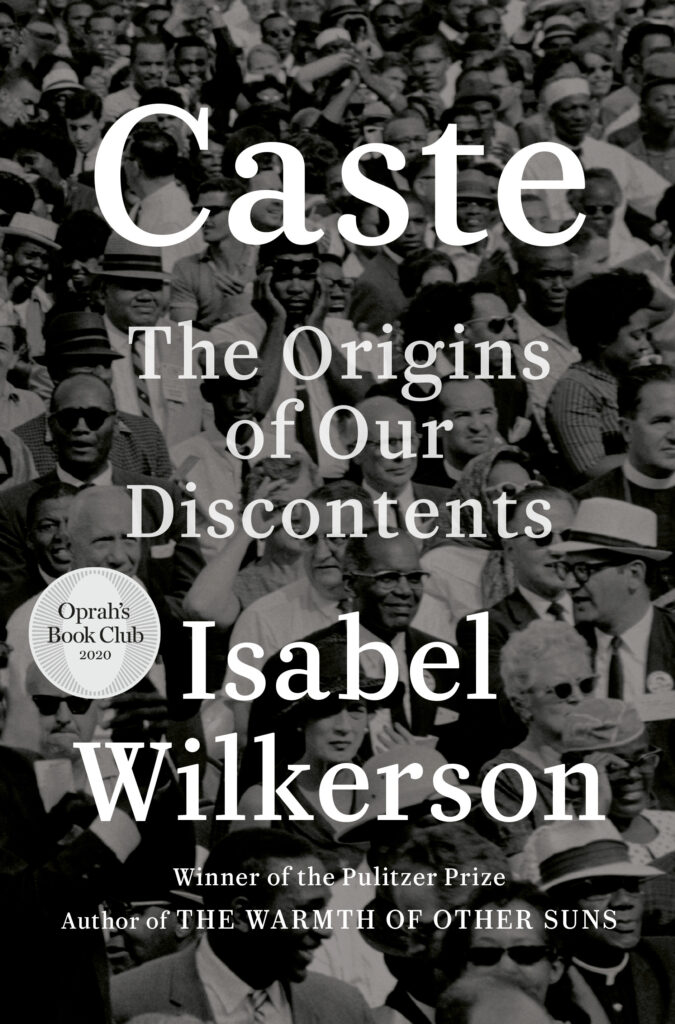
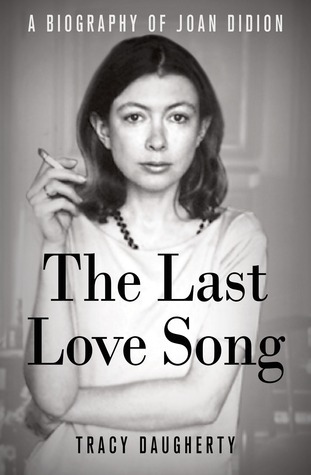
A Kind of Mirraculas Paradise: A True Story About Schizophrenia by Sandra Allen
Writer Sandy Allen did not know their uncle Bob very well. As a child, Sandy had been told Bob was “crazy,” that he had spent time in mental hospitals while growing up in Berkeley in the 60s and 70s. But Bob had lived a hermetic life in a remote part of California for longer than Sandy had been alive, and what little Sandy knew of him came from rare family reunions or odd, infrequent phone calls. Then in 2009 Bob mailed Sandy his autobiography. Typewritten in all caps, a stream of error-riddled sentences over sixty, single-spaced pages, the often-incomprehensible manuscript proclaimed to be a “true story” about being “labeled a psychotic paranoid schizophrenic,” and arrived with a plea to help him get his story out to the world.
In A Kind of Mirraculas Paradise: A True Story about Schizophrenia, Sandy translates Bob’s autobiography, artfully creating a gripping coming-of-age story while sticking faithfully to the facts as he shared them. Lacing Bob’s narrative with chapters providing greater contextualization, Sandy also shares background information about their family, the culturally explosive time and place of their uncle’s formative years, and the vitally important questions surrounding schizophrenia and mental healthcare in America more broadly.
Words Are My Matter: Writings About Life and Books 2000 – 2016 by Ursula K. Le Guin
Words Are My Matter collects talks, essays, introductions to beloved books, and book reviews by Ursula K. Le Guin, one of our fore- most public literary intellectuals. Words Are My Matter is essential reading. It is a manual for investigating the depth and breadth of con- temporary fiction — and, through the lens of deep considerations of contemporary writing, a way of exploring the world we are all living in.
The Body Keeps the Score: Brain, Mind, and Body in the Healing of Trauma by Bessel van der Kolk
Trauma is a fact of life. Veterans and their families deal with the painful aftermath of combat; one in five Americans has been molested; one in four grew up with alcoholics; one in three couples have engaged in physical violence. Dr. Bessel van der Kolk, one of the world’s foremost experts on trauma, has spent over three decades working with survivors. In The Body Keeps the Score, he uses recent scientific advances to show how trauma literally reshapes both body and brain, compromising sufferers’ capacities for pleasure, engagement, self-control, and trust. He explores innovative treatments—from neurofeedback and meditation to sports, drama, and yoga—that offer new paths to recovery by activating the brain’s natural neuroplasticity. Based on Dr. van der Kolk’s own research and that of other leading specialists, The Body Keeps the Score exposes the tremendous power of our relationships both to hurt and to heal—and offers new hope for reclaiming lives.
Big Magic: Creative Living Beyond Fear by Elizabeth Gilbert
Gilbert offers insights into the mysterious nature of inspiration. She asks us to embrace our curiosity and let go of needless suffering. She shows us how to tackle what we most love, and how to face down what we most fear. She discusses the attitudes, approaches, and habits we need in order to live our most creative lives. Balancing between soulful spirituality and cheerful pragmatism, Gilbert encourages us to uncover the “strange jewels” that are hidden within each of us. Whether we are looking to write a book, make art, find new ways to address challenges in our work, embark on a dream long deferred, or simply infuse our everyday lives with more mindfulness and passion, Big Magic cracks open a world of wonder and joy.
Caste: The Origins of Our Discontents by Isabel Wilkerson
In this brilliant book, Isabel Wilkerson gives us a masterful portrait of an unseen phenomenon in America as she explores, through an immersive, deeply researched narrative and stories about real people, how America today and throughout its history has been shaped by a hidden caste system, a rigid hierarchy of human rankings.
Beyond race, class, or other factors, there is a powerful caste system that influences people’s lives and behavior and the nation’s fate. Linking the caste systems of America, India, and Nazi Germany, Wilkerson explores eight pillars that underlie caste systems across civilizations, including divine will, bloodlines, stigma, and more. Using riveting stories about people—including Martin Luther King, Jr., baseball’s Satchel Paige, a single father and his toddler son, Wilkerson herself, and many others—she shows the ways that the insidious undertow of caste is experienced every day.
The Last Love Song: A Biography of Joan Didion by Tracy Daugherty
Joan Didion lived a life in the public and private eye with her late husband, writer John Gregory Dunne, whom she met while the two were working in New York City when Didion was at Vogue and Dunne was writing for Time. They became wildly successful writing partners when they moved to Los Angeles and co-wrote screenplays and adaptations together. Didion is well-known for her literary journalistic style in both fiction and non-fiction. Some of her most-notable work includes Slouching Towards Bethlehem, Run River, and The Year of Magical Thinking, a National Book Award winner and shortlisted for the Pulitzer Prize, it dealt with the grief surrounding Didion after the loss of her husband and daughter. Daugherty takes readers on a journey back through time, following a young Didion in Sacramento, through to her adult life as a writer interviewing those who know and knew her personally, while maintaining a respectful distance from the reclusive literary great. The Last Love Song reads like fiction; lifelong fans, and readers learning about Didion for the first time will be enthralled with this impressive tribute.
© 2024 by Mary Daniels Brown

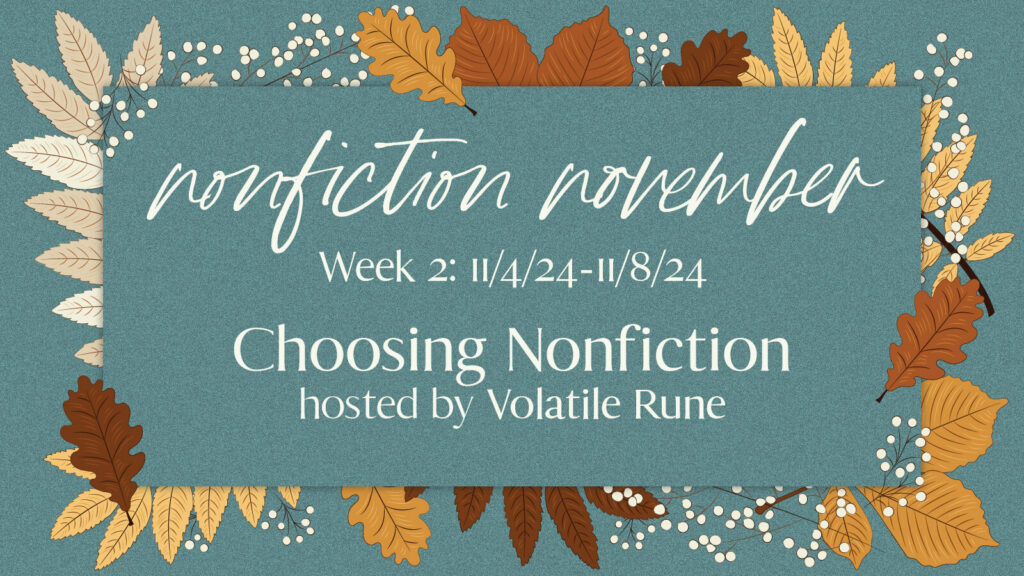
I liked both Big Magic and Caste. When they fit your current topic, they will be excellent books for exploration.
I’ve read two nonfiction books recently: The Night Garden of My Mother by Sandra Tyler and Airpower in Literature: Interrogating the Clean War, 1915–2015 by Kimberly K. Dougherty. The Night Garden of My Mother is a memoir, and Air Power in Literature is a work of literary scholarship. I read them because I know both authors, and I’m interested in the focus of each book.
I really like the sound of Elizabeth Gilbert’s book. I might have to add that to my ever burgeoning list. Thanks so much for sharing your reading with us and taking part in the challenge.
I really liked The Warmth of Other Suns by Isabel Wilkerson and have been meaning to read Caste for awhile now.
I love and can relate to your comment that your life has been a series of research projects. I definitely find myself doing deep dives on topics that I just cannot get enough of.
I like how you describe your life as a series of research projects.
The Body Keeps Score is highly recommended but I cannot bring myself to crack into it yet, it looks emotionally heavy. I am glad I am not alone in having more books than time!